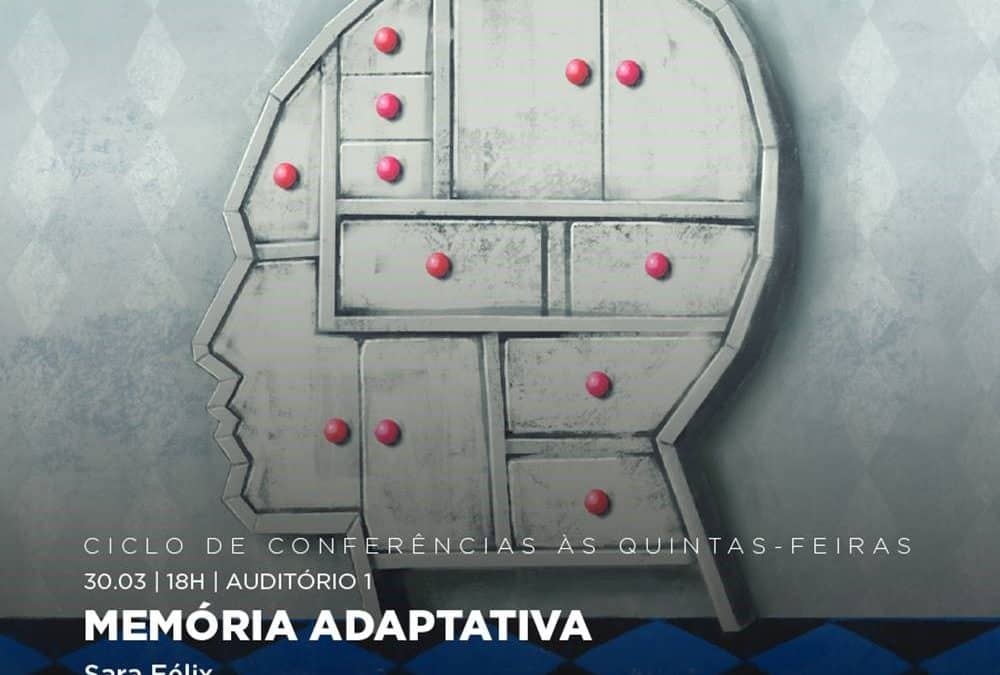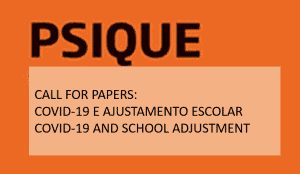THE CENTRE
The Psychology Research Centre (CIP) is an R&D unit at the Universidade Autónoma de Lisboa. It was established in 2001–02 as part of the Psychology Department's R&D activities. In 2013, the CIP was accredited and obtained a Good score, with funding by the Foundation for Science and Technology (FCT). In 2018, a collaboration protocol was drawn up with the University of the Algarve. In the 2017–18 research unit evaluation call, the CIP maintained its Good score, remaining an accredited unit funded by the FCT.
As part of a strategic reorganisation in 2024, CIP ceased to be an 'FCT unit', with the majority of its researchers who teach at UAL joining CUIP - University Research Center in Psychology (University of Algarve) as integrated members. CIP then became a 'pole' of this partner R&D unit.
Since 2005, the CIP has published the scientific journal PSIQUE, which became available online in 2013.
Within the scope of the Research Line, Psychosocial Vulnerability and Unstable Contexts, CIP has developed several R&D projects and established protocols with various higher education institutions and national and international research units.
RESEARCH LINE: PSYCHOSOCIAL VULNERABILITY AND UNSTABLE CONTEXTS
The CIP's motivation focuses on the study of the psychosocial vulnerability of the individual / group, which presupposes an understanding of the bio-psycho-socio-anthropological and noetic contexts that, positively or negatively, influence behavior and the way-of-being-in-the-world. person/group world. Research focused on the different facets of vulnerability and the respective triggering and/or protective factors, increases the ability to intervene, prevent and enhance the conditions of self-organization and complexification of the social being, inserted in a global world.
The CIP line of research is operationalized through individual or collective research projects

training offer
The Degree in Psychology has as its philosophy the experiential pedagogical principles, hands-on, underlying the Bologna guidelines and the training requirements to practice the profession of psychologist, according to the Portuguese Psychologists Association. Thus, the interconnection between the theoretical concepts presented and their practical application (eg in specific contexts and in community institutions) is privileged, promoting contact with situations of the professional future, respecting, however, the characteristics of a 1st study cycle >>>
The Master's in Clinical and Counseling Psychology (2nd cycle of studies), fundamental for the professional practice of Psychology, allows master's students to deepen theoretical knowledge related to the understanding of the Human Being and its problems, as well as to develop specific skills of psychological intervention in the various scopes of action (eg in the clinical practice of helping and counseling relationships; in multiple professional situations in which relational skills are crucial, such as team management, institutional or professional relationship management; in psychological assessment; in psychodiagnosis) > >>






